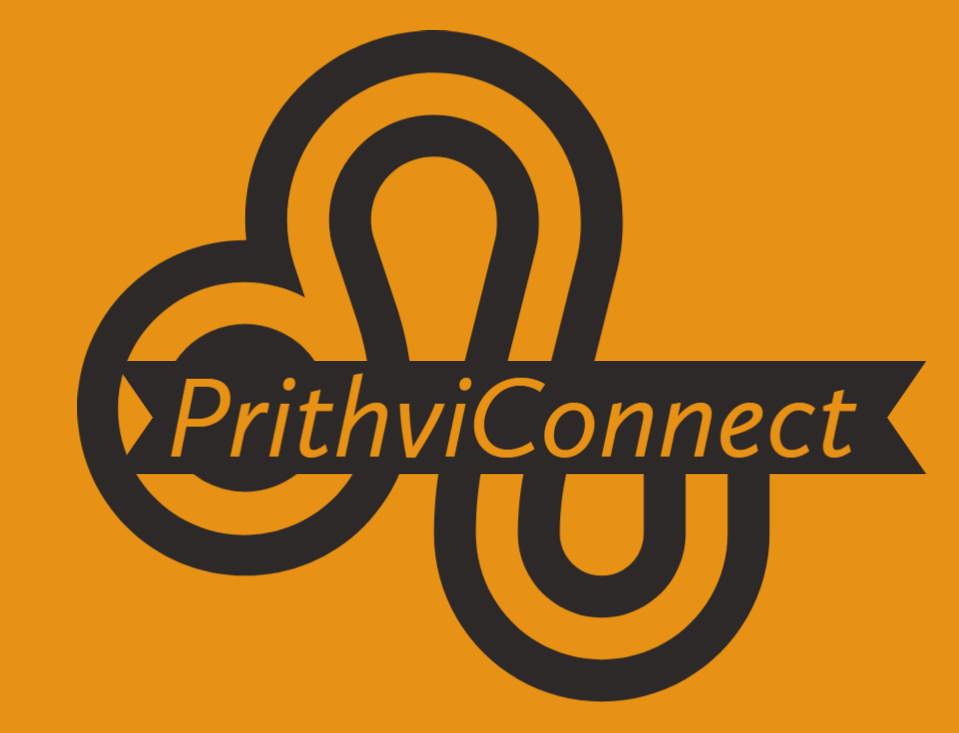The Evolving Discourse on Diversity: Beyond Extremes
In the quest for progress and inclusivity, diversity has become a buzzword that permeates every corner of our society. It’s a word that’s been on my mind for the past three years, and the more I contemplate how diversity has been understood, interpreted, and implemented in organizations, the deeper my reflections become. The world seems to have lunched into action, but it appears we’ve veered to two separate extremes when it comes to diversity – either we experience its conspicuous absence or its overwhelming presence. In some organizations, diversity remains a distant ideal, an elusive concept confined to lofty corporate statements and tokenistic gestures. In these cases, it’s as if diversity is but a mirage – a vision of inclusion that evaporates in the face of the status quo. On the other hand, we see organizations that enthusiastically embrace diversity, hiring individuals from various backgrounds. However, it sometimes feels like these well-intentioned efforts prioritize diversity quotas over the qualifications and suitability of the individuals for their roles. What diversity should not be? Keeping positions reserved exclusively for specific diverse sections of the community is not diversity. While the intention may be commendable, it can inadvertently lead to hiring individuals who, though members of a specific group, may not be the best fit for the positions they occupy. It’s not necessary that a person coming from a specific community will have the knowledge, skills and interest to uplift their community. In such cases, the interests of the job roles may be compromised, and it may not serve the organization’s best interests. Diversity is a process of encouraging applications from all backgrounds and communities. However, from the time they step in to the evaluation process, it must be all merit. Merit is based on resume, skills, experience, aptitude and attitude of the applicant demonstrated during the evaluation. When it comes to boosting diversity in hiring, corporate organizations must start at the grassroots level. Rather than compromising on the quality of new hires, it’s crucial to invest in their development from an early stage, such as during their education and formative years. By offering ample support and resources, organizations getting involved at the school and university level in empowering individuals to equip themselves adequately, making them strong candidates for job opportunities. Diversity is certainly not about shielding diverse staff from discipline for any inappropriate behavior or wrongdoings simply because they belong to a diverse group. Accountability and fairness should apply to all employees, regardless of their backgrounds. True diversity encompasses a culture where everyone is treated fairly and equally, not selectively exempted from responsibility. Diversity is certainly not about giving preferential treatment to one specific diverse group over another during performance reviews. Equity means treating individuals according to their abilities, not their backgrounds. Encouragement for performance enhancement should be a uniform task for all staff regardless of whether they are diverse or not. We need to put ownership on staff as well to take initiatives and work hard to flourish in their respective jobs. Diversity is certainly not about living in fear of being labeled as racist or biased for making just and fair decisions. We should be able to evaluate and appreciate individuals based on their merits and qualifications without the fear of discrimination accusations. The fear of being wrongly labeled can stifle honest conversations about diversity and its challenges. Diversity is certainly not about surrendering to any ideology or yielding to every single demand merely because it comes from a purportedly diverse group of members. While diverse perspectives are invaluable, it’s essential to engage in thoughtful and respectful dialogues that consider multiple viewpoints and avoid knee-jerk reactions to avoid potential extremism. In our pursuit of diversity, it is crucial to strike a balance between these two extremes. True diversity means embracing differences while considering qualifications, ensuring accountability, and maintaining open, respectful conversations. The essence of diversity is not just about the numbers but about creating an mutually respecting, harmonious, and equitable environment where everyone feels valued and can contribute their best. Only by understanding what diversity is not can we truly appreciate and foster what diversity should be – a celebration of our collective human potential.
The Evolving Discourse on Diversity: Beyond Extremes Read More »
